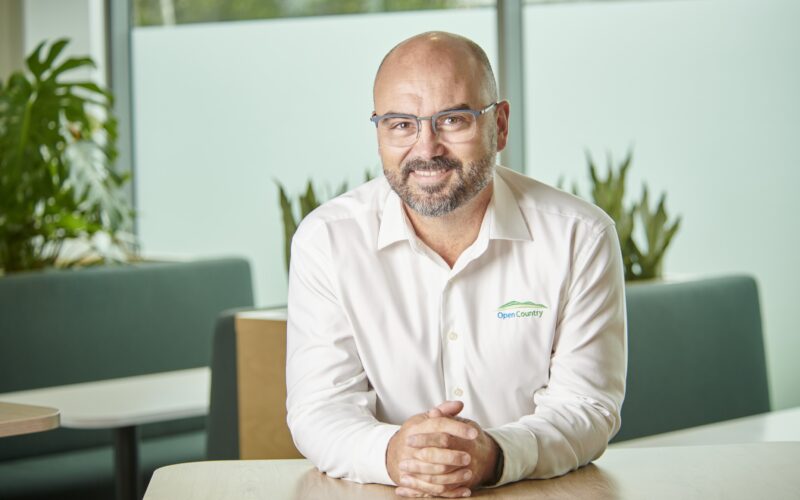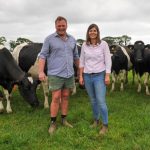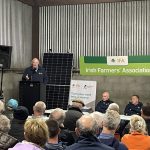
Processors call for long-term planning to head off ‘another hit to the primary sector’.
Open Country Dairy CEO Mark de Lautour describes surging energy costs as the light of a big train in a dark tunnel heading for the dairy processing industry, and New Zealand as a nation.
While Open Country Dairy (OCD) is insulated from the rapid rises at present thanks to contracts already in place, he said he and his executive team are fully aware of what is coming once those contracts end.
And, rather than simply being the result of volatile hydro lake levels, he said, there are much bigger issues at play impacting the energy market and costs.
“As coal and fossil fuels became unacceptable, NZ moved away to electricity and gas, or switched from coal to electricity as we have done.
“But the increased demand for gas and increased demand for electricity is what has caused this, not just what’s in the hydro lakes. Demand has increased and NZ has not got alternative sources in place.”
Removing coal from high energy uses like dairy factory boilers and replacing it with electricity meant a big slug of stored energy has been removed from the system.
He agreed with OCD’s chair Laurie Margrain, who has described NZ as having “sleepwalked” into this crisis.
OCD has commissioned a new electric boiler in its Southland Awarua plant, with two more being installed.
“But we are retaining our coal boilers as required to do so by the electricity companies as back-up.”
Despite having the new assets, the company will be operating coal in the high-cost electricity environment, and wearing the Emissions Trading Scheme charges that go with that.
While it is easy to start getting political about the issue, de Lautour said, the country badly needs a long-term energy strategy that takes politics out of it.
“We may have electricity prices locked in for now, but we certainly do not feel insulated in any way shape or form.”
In the immediate future gas prices are of even greater concern to him, with the company’s Horotiu and Whanganui sites having gas supply that cannot, unlike coal boilers, be converted to the likes of biofuel.
“In some ways we do have one advantage, we own biofuel company Nature’s Flame that supplies wood fuel pellets for our Waharoa plant. But we are having our hand forced, to spend capital that should be instead spent on the likes of a new cheese plant, which actually adds value.”
De Lautour said it was inevitable the high energy costs will remain for some time, and they will put downward pressure on market prices for milk solids this season.
Fonterra’s chief operating officer, Anna Palairet, said Fonterra has been raising concerns about the lack of energy resilience and cost effectiveness in the energy sector for some time.
It has been concerned the high wholesale electricity prices and uncertainty in the gas market are impacting NZ’s export competitiveness.
“We are confident that energy remains available to process milk over the coming seasonal peak, but the current situation is adding significant cost to both the co-op and our shareholders as we cannot simply pause operations,” she told Farmers Weekly.
Linda Mulvihill, Fonterra’s GM for energy and climate, confirmed the co-op runs sites on a mix of gas, coal, electricity and wood biomass.
She said when moving out of coal, the cost implications both of the build, ongoing running costs and surety of fuel supply are key considerations.
Antony Heywood, general manager of Vegetables NZ, said South Island hot house growers do not have gas as a fuel option, with coal or waste oil often the main choices.
Biofuel replacements are being used or considered by some, but these are proving problematic due to a lack of scale, and there is a need for more wood waste to be pelletised to be suitable as an economic fuel source.
You can now read the most important #news on #eDairyNews #Whatsapp channels!!!
🇺🇸 eDairy News INGLÊS: https://whatsapp.com/channel/0029VaKsjzGDTkJyIN6hcP1K

























